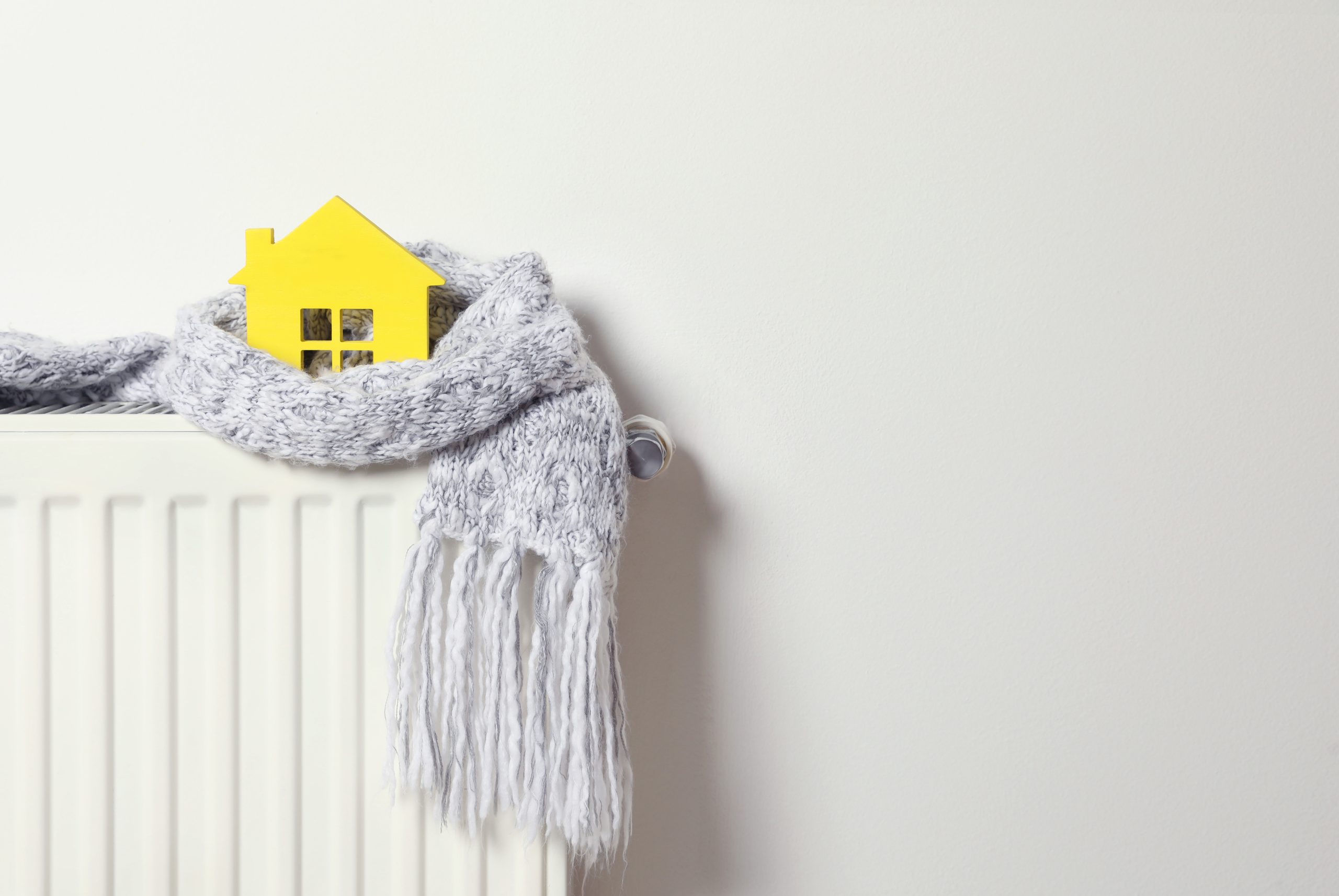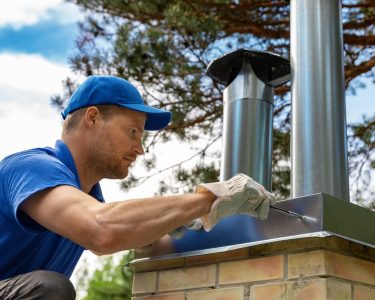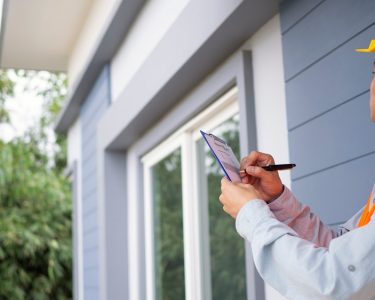As homeowners, we understand the significance of balancing comfort with cost-effectiveness, particularly when it comes to heating our homes during the chilly seasons. The quest to reduce home heating costs without sacrificing warmth or comfort is a common challenge faced by many. In this comprehensive guide, we delve into practical strategies and valuable insights to help you navigate the maze of options and achieve significant savings on your heating bills.
A cornerstone of effective energy management lies in optimizing the efficiency of your home’s heating system and insulation. However, beyond the conventional wisdom of insulation upgrades and thermostat adjustments, lies a wealth of innovative solutions and strategic investments. From the installation of energy-efficient replacement windows to harnessing renewable energy sources, such as solar power, there are numerous avenues to explore in your quest for reduced home heating costs. Join us as we embark on a journey to uncover the secrets of energy-efficient home heating and discover how simple yet impactful changes can make a significant difference in your energy bills and overall comfort.
1. Improve Insulation: The Foundation of Energy Efficiency
One of the most effective ways to reduce heating costs is to ensure your home is well-insulated. Proper insulation helps to trap heat indoors, preventing it from escaping through walls, ceilings, and floors. Consider adding or upgrading insulation in key areas such as the attic, basement, and exterior walls. Additionally, inspect and seal any gaps or cracks around doors, windows, and ductwork to further improve energy efficiency. When discussing insulation upgrades, it’s essential to mention the role of replacement windows. Upgrading to energy-efficient replacement windows with double or triple-pane glass and insulated frames can significantly reduce heat loss and drafts, leading to long-term savings on heating bills.
2. Seal Drafts: Keep Warm Air In and Cold Air Out
Drafts are a common source of heat loss in many homes, allowing warm air to escape and cold air to infiltrate. Sealing drafts around windows, doors, and other openings is a simple yet effective way to improve energy efficiency and reduce heating costs. Use weatherstripping or caulking to seal gaps and cracks, particularly in older windows where wear and tear may be more pronounced. However, if drafts persist despite sealing efforts, it may be time to consider replacing windows altogether and hire a window contractor. Modern replacement windows are designed to provide superior insulation and airtight seals, effectively eliminating drafts and reducing heat loss.
3. Upgrade Your Heating System: Invest in Efficiency
An outdated or inefficient heating system can drive up energy costs and lead to uneven heating throughout your home. Consider upgrading to a high-efficiency furnace or heat pump to reduce energy consumption and lower heating bills. Additionally, explore smart thermostats and zoning systems that allow you to customize heating schedules and temperatures for different areas of your home. When discussing heating system upgrades, it’s essential to mention the importance of properly sized and installed replacement windows. Properly fitted windows ensure optimal energy efficiency by minimizing air leakage and reducing the workload on your heating system.
4. Harness Solar Energy: Embrace Renewable Heating Solutions
Solar energy offers a sustainable and cost-effective alternative to traditional heating methods. Installing solar panels or a solar water heating system can significantly reduce your reliance on fossil fuels and lower heating costs over time. Additionally, strategically placed windows can maximize passive solar heating by allowing sunlight to enter and warm your home naturally. When considering solar energy solutions, it’s essential to ensure that your home is properly insulated and sealed to maximize energy efficiency and minimize heat loss.
5. Maintain Your Heating System: Ensure Peak Performance
Regular maintenance is key to keeping your heating system running efficiently and reducing energy costs. Schedule annual inspections and tune-ups for your furnace or heat pump to ensure optimal performance and identify any issues before they escalate. Additionally, replace air filters regularly to keep your system running smoothly and improve indoor air quality. As part of your home maintenance routine, inspect windows for signs of wear and damage, such as cracked glass or deteriorating seals. Addressing these issues promptly can prevent heat loss and prolong the lifespan of your windows, ultimately saving you money on heating costs.
Conclusion: A Holistic Approach to Energy Efficiency
Reducing home heating costs requires a multifaceted approach that addresses both energy consumption and heat loss. By improving insulation, sealing drafts, upgrading your heating system, harnessing solar energy, and maintaining your home’s heating system and windows, you can achieve significant savings on your heating bills while enhancing comfort and sustainability. Remember, every small change adds up, so don’t underestimate the impact of simple DIY fixes and energy-efficient upgrades. With careful planning and investment, you can create a warm and cozy home that’s both energy-efficient and cost-effective for years to come.




